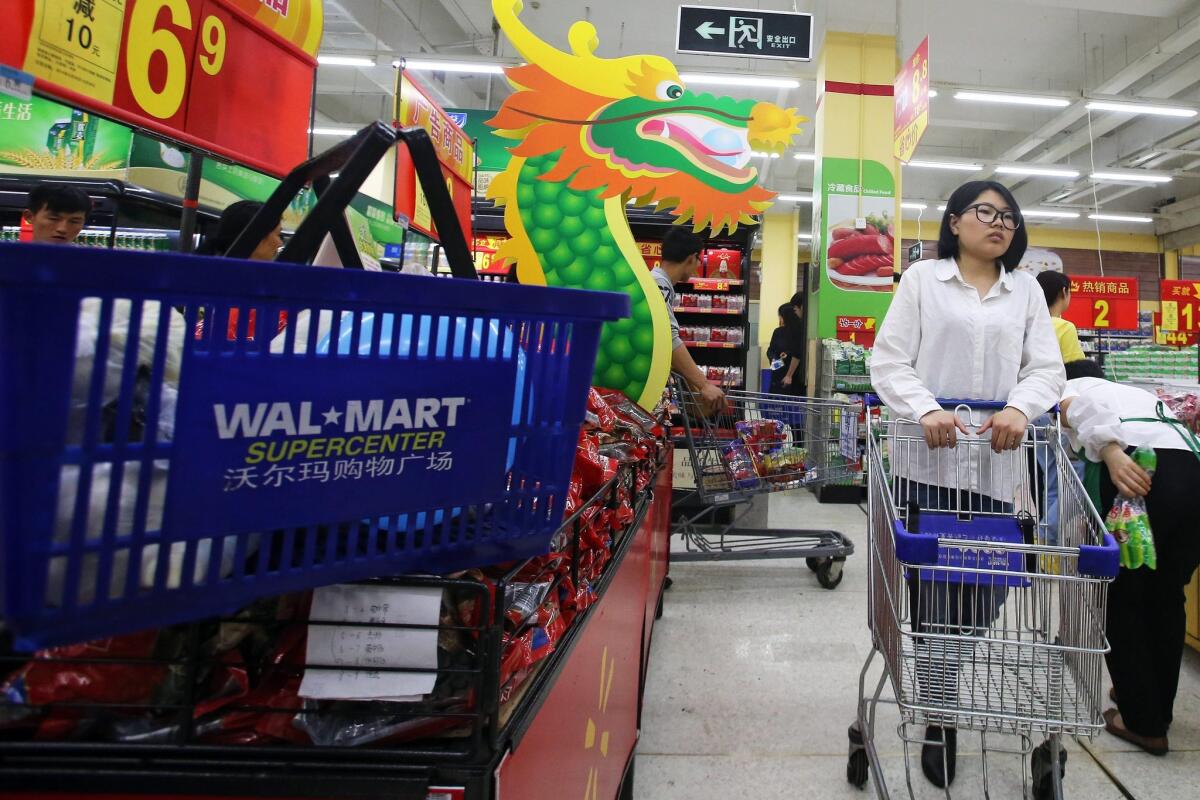Wal-Mart triples spending on food safety in China

Wal-Mart Stores Inc. said Tuesday it will triple its spending on food safety in China by the end of 2015 after criticism of its operating procedures and a reported mislabeling of donkey meat.
The world’s largest retailer said it will shell out $48.2 million on food safety between 2013 and 2015. That’s nearly three times the $16.1 million it had previously earmarked.
The extra spending will go toward food testing, permits, DNA testing of meat sold in China and supplier audits, said Paul Gallemore, Wal-Mart’s chief compliance officer in China.
The intensified DNA testing comes after fox meat was found throughout various Chinese stores in packages labeled as “Five Spice” donkey meat in January. The company also was fined for selling expired duck meat in 2011.
Wal-Mart has about 7,000 food suppliers in China but recently cut 4% for failing to pass various food safety tests or audits.
And over the past three years, Chinese regulators have fined the discount retail giant $9.8 million for allegedly selling poor-quality products and using misleading pricing.
Gallemore said the company is working to add 110 more stores by 2016 to the roughly 400 it currently has in China. Wal-Mart is also adding mobile testing labs to check products more frequently, and is investing in iPads and other technology to improve food safety training for employees.
Food safety has been a difficult task for China. More than half of Chinese food processing and packaging firms failed safety inspections in 2011, according to a report by AsiaInspection.
The report also noted that 4.5 billion tons of food was exported from China that year alone, and a significant amount ends up in the U.S. By the end of 2013, the United States imported 4.1 billion pounds of food products from China, according to the U.S. Agriculture Department.
Follow @bri_sacks for food-business news.






